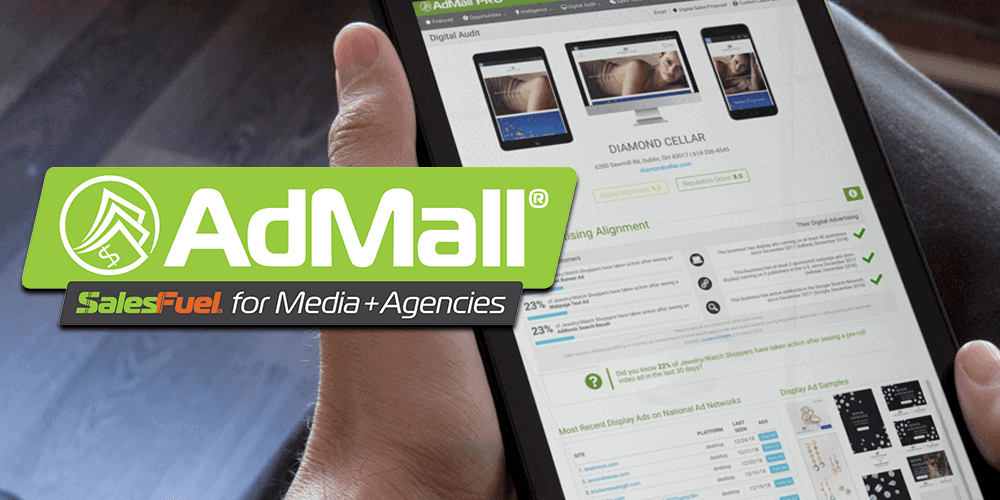SalesFuel conducts our B2B BuyerSCAN study to get a clear understanding of what B2B buyers want from sellers and to track how these expectations are changing.
We ask the pressing questions of CEOs and other C‑level decision-makers that sales professionals want to know more about — including: what key business decision-makers are planning to buy, how they make these buying choices within their companies, and their concerns for the future.
The valuable insights our team gathered are now being used by sales teams to sharpen their methods and build their credibility for better results when selling to other businesses. They not only understand what their B2B clients need going forward, but also how to effectively meet those needs, making the sales process more beneficial and successful for everyone involved.
SELECT TOP-LINE FINDINGS
52% of large company buyers (500+ employees check out a sales rep's years of experience before they meet with them.
B2B BuyerSCAN, 2023, SalesFuel.comMidsize Business, Corporations, Work Experience, Job History, Business Intelligence, B2B Intelligence, vendor research, Sales Hiring, SalesFuel, SalesCred,TeamTrait
71% of B2B buyers search the salesperson's name online before they talk to them.
B2B BuyerSCAN, 2023, SalesFuel.comSalesperson Search, Company Search, B2B, B2B Intelligence, Sales Intelligence, Buyer Behavior, Voice of the B2B Buyer, SalesFuel, SalesCred
41% of Gen Z buyers research a salesperson's referrals, recommendations or testimonials before meeting with them.
B2B BuyerSCAN, 2023, SalesFuel.comGen Z, referrals, testimonials, recommendations, salesperson research, vendor research, sales research, sales intelligence, buyer behavior, B2B, TeamTrait, SalesFuel, SalesCred
23% of buyers in the arts, entertainment and recreation industry worry that AI will take their job in the next 5 years.
B2B BuyerSCAN, 2023, SalesFuel.comAI, Arts, Entertainment, Recreation, Business Intelligence, B2B Intelligence, Buyer Behavior, SalesFuel, SalesCred, TeamTrait
Being referenced by an industry expert has influenced 36% of Gen X buyers to increase consideration of a vendor's product or service.
B2B BuyerSCAN, 2023, SalesFuel.comexpert reference, expert mention, social influencer, sales research, vendor research, sales intelligence, buyer behavior, B2B, TeamTrait, SalesFuel, SalesCred
B2B buyers say that only 54% of sales professionals go beyond selling their product and help them solve a problem or achieve a goal.
B2B BuyerSCAN, 2023, SalesFuel.comProblem Solving, Trusted Advisor, B2B Buyer, problem solving, expert advisor, business intelligence, business acumen, b2b, buyer behavior, industry knowledge, SalesFuel, SalesCred
For 58% of women-owned businesses, the top attribute desired in a sales professional is responsiveness.
B2B BuyerSCAN, 2023, SalesFuel.comwoman-owned business, women-owned, salesperson, responsiveness, sales research, sales acumen, SalesFuel, TeamTrait
45%of buyers in the real estate and construction industry say catching a sales professional telling an obvious lie is a deal-breaker.
B2B BuyerSCAN, 2023, SalesFuel.comReal Estate, Construction, Home Builders, Lying, Lies, Deception, Sales Acumen, sales behavior, buyer behavior, b2b, TeamTrait, SalesCred
The key to obtaining contact information from 40% of Gen Z buyers is offering primary research that is relevant to their business,
B2B BuyerSCAN, 2023, SalesFuel.comLead Generation, Lead Gen, Gen Z, primary research, content marketing, business intelligence, b2b, buyer behavior, SalesFuel, SalesCred
GET DEEPER DATA WITH SALESFUEL SOLUTIONS
METHODOLOGY
Formerly known as the Voice of the B2B Buyer, SalesFuel conducted our 4th B2B BuyerSCAN study in July 2023. The sample consisted of self-reported CEOs, other C‑level executives, or purchasing agents of B2B companies with 20+ employees in the United States.
1,021 panelists completed the 20-minute survey. Around 50% of the panelists work for companies with at least 500 employees. And the panelists work in industries ranging from retail trade to manufacturing. No single industry represents more than 20% of the survey population. Contact us if you have additional questions about the study's methodology.



